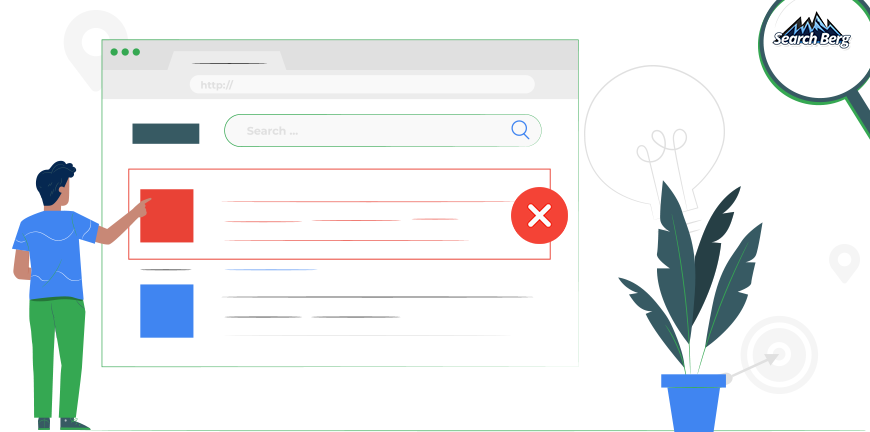How to Purge Unwanted Content from Google: John Mueller’s Guide
It’s challenging getting content removed from Google—but there are some recommendations and insights from Google’s own Search Advocate.

Highlights:
- Expert advice from John Mueller, a leading Search Advocate at Google
- Multiple ways to remove unwanted content: De-indexing, deleting, legal recourse are all options.
Ever had an embarrassing incident shared on a public website or blog? Or perhaps you wrote or did something that no longer reflects who you are as a person? Maybe you have a public record (for something minor), or your name is published with a party you no longer associate with? There are several instances where an individual or a business may want to purge unwanted content from search results in lieu of their public or private reputation.
Unfortunately, however, it’s not that simple or straightforward. But all hope isn’t lost, as Google’s resident Search Advocate, John Mueller, shares a few recommendations through an engaging comment on a Reddit post.
Let’s get straight to it.
Direct Removal
- John Mueller says the simplest way is to request the website owner to delete the page.
- This will result in a 404 error code.
- Submit a URL removal request in Google Search Console.
Hiding Content
- Ask the website owner to use a “noindex” robot meta tag.
- This prevents search engines from indexing the page.
- The unwanted content will still be accessible on the website.
Modifying Content
- Change the name or identifying information associated with the page.
- This can reduce its visibility in Google Search results.
Related: Google Search Liaison: Can Ads Impact Search Rankings?
Legal Recourse (for individuals in certain regions)
- Explore the Right to be Forgotten for content removal.
- This may allow you to request the removal of personal information from search engine results.
Additional Considerations
- The removal process can take time.
- There may be instances where content can reappear on search results.
- Utilize the tools and resources provided by Google Search.
While it is challenging to purge and get rid of unwanted content, reputation management and active, positive SEO efforts can help you offset the negatives. The SEO experts at Search Berg can help you generate content, rank higher for relevant keywords, and do extensive reputation management. Schedule a consult with us to get started!
In addition to the helpful details outlined by John Mueller, there are also some FAQs about Google Search that we’re addressing:
- How does Google determine the ranking of search results?
Google uses a complex algorithm called PageRank to determine the relevance and importance of web pages. Several KPIs and factors determine ranking, including the number and quality of backlinks, the content of the page, and the user’s search query.
- Can I remove my personal information from Google search results?
Yes, you may be able to remove your personal information from Google search results under certain circumstances. This is known as the “Right to be Forgotten.” You can submit a request to Google to remove your personal information if it is outdated, inaccurate, or irrelevant. Additionally, you can also follow the steps Google highlights here.
- How can I improve my website’s ranking in Google search results?
To improve your website’s ranking, focus on creating high-quality content that is relevant to your target audience. Optimize your website for search engines by using relevant keywords, building backlinks, and ensuring your website is mobile-friendly. Additionally, consider using Google Search Console to monitor your website’s performance and identify areas for improvement.
Hire Google Search Experts at Search Berg
Work with the search engine pros at Search Berg to optimize your content and do damage control for existing pages.
No spam, just expert advice!














